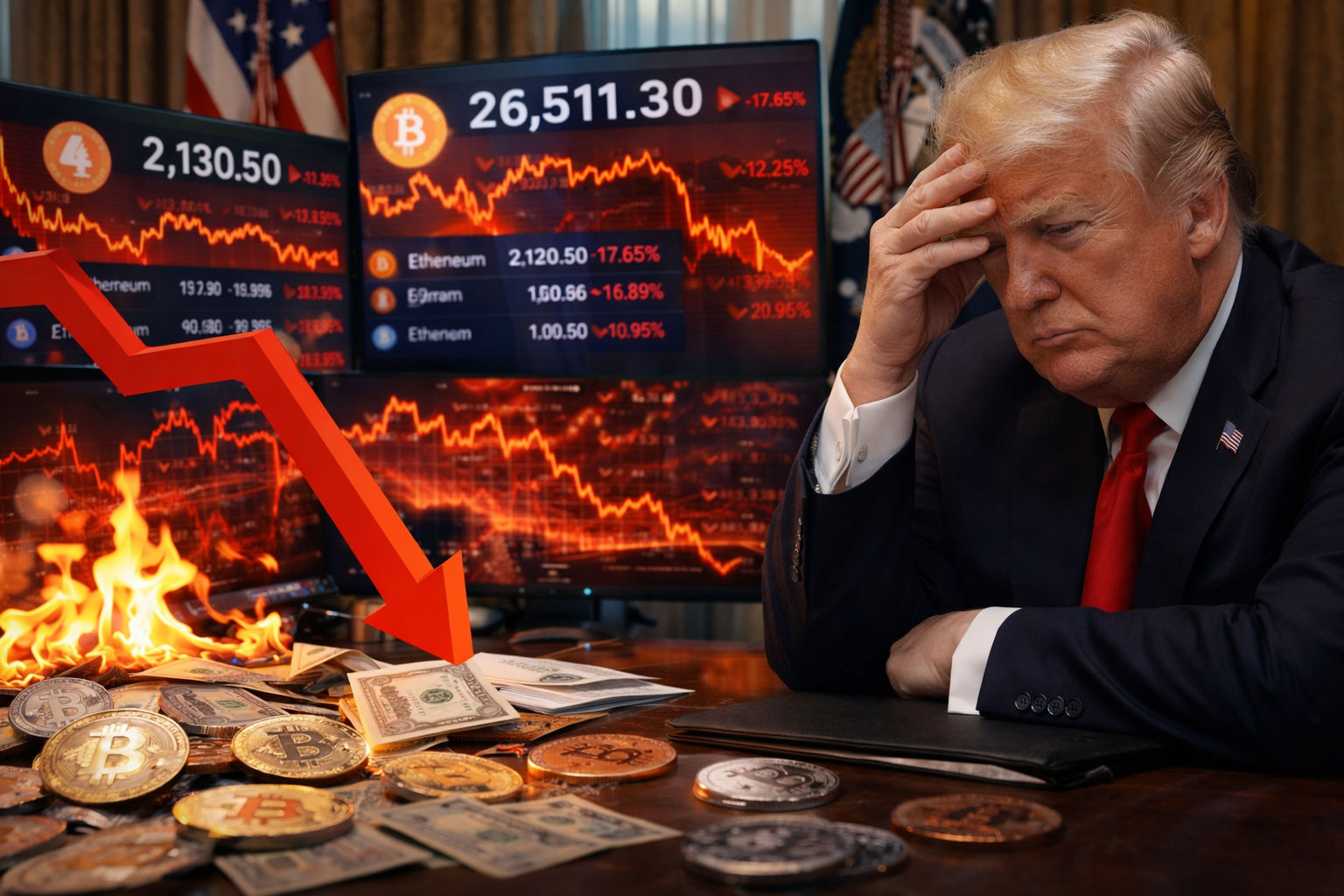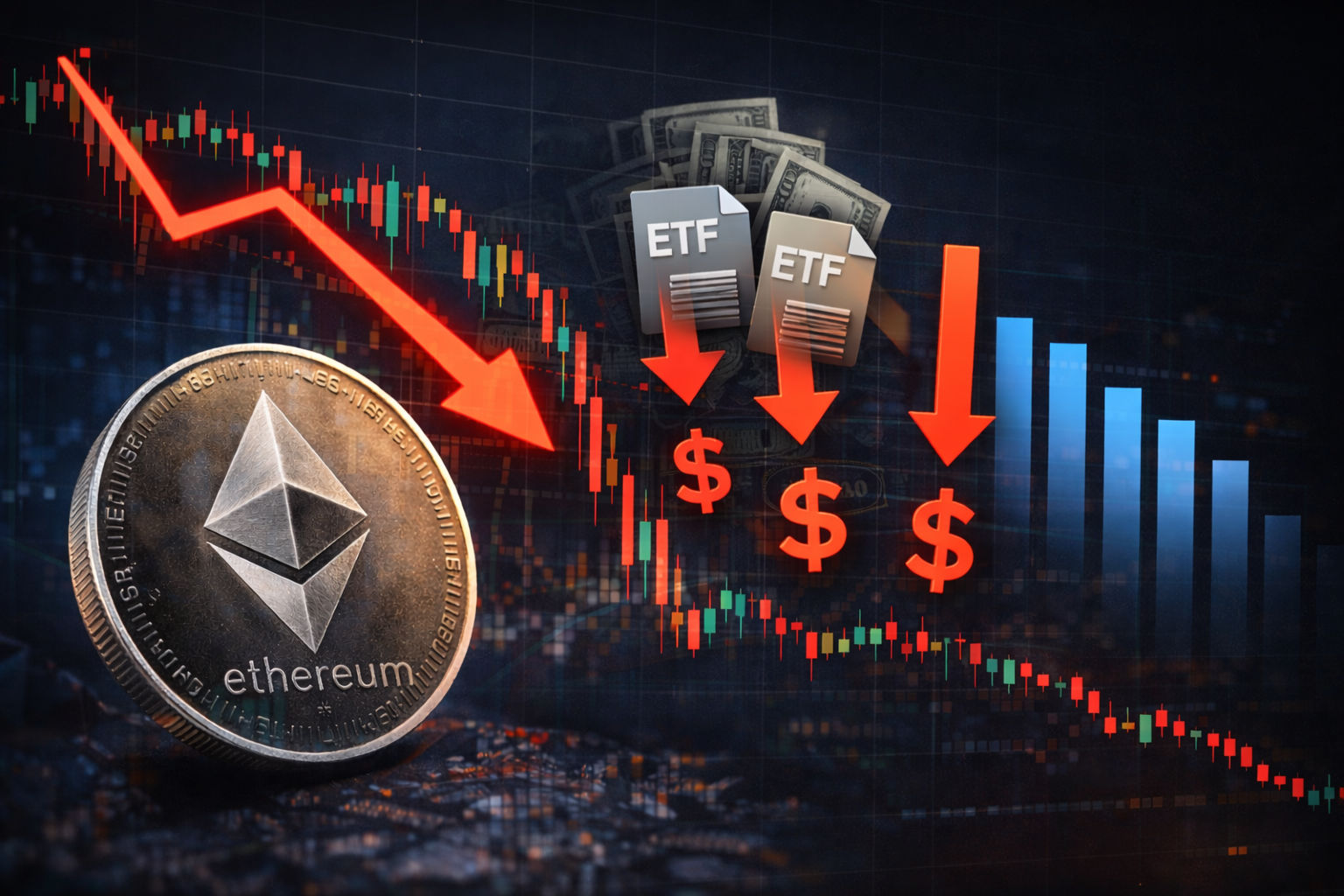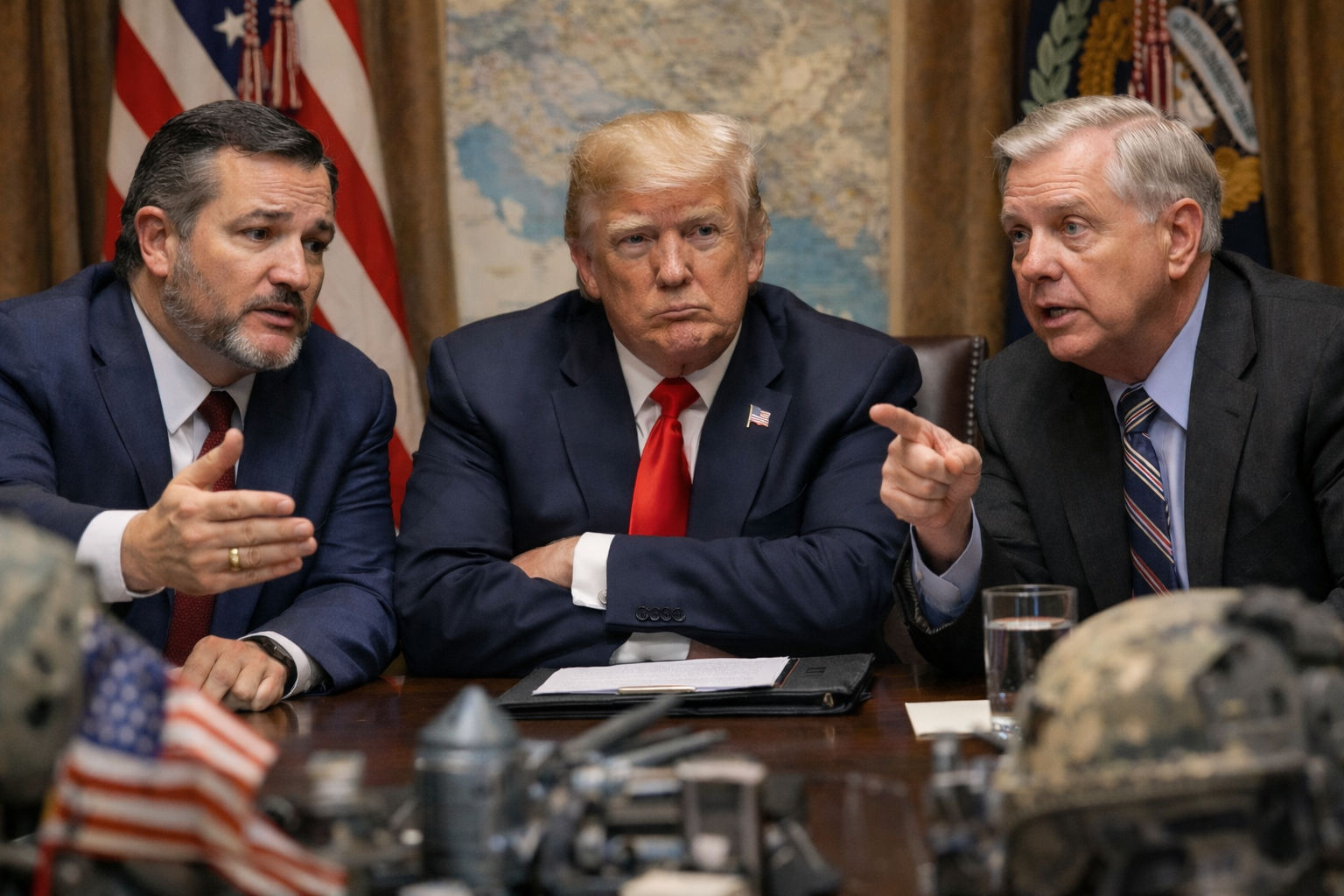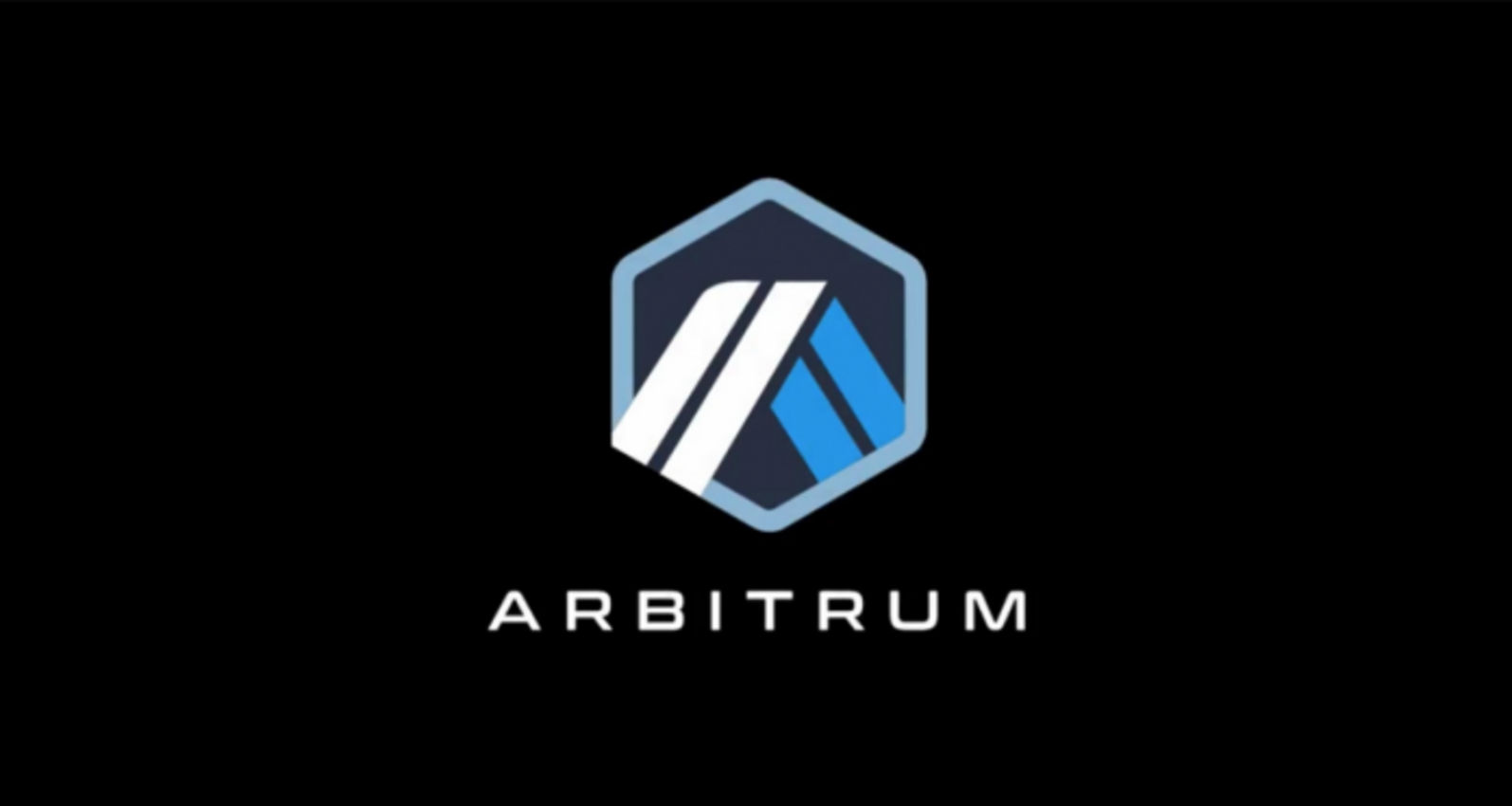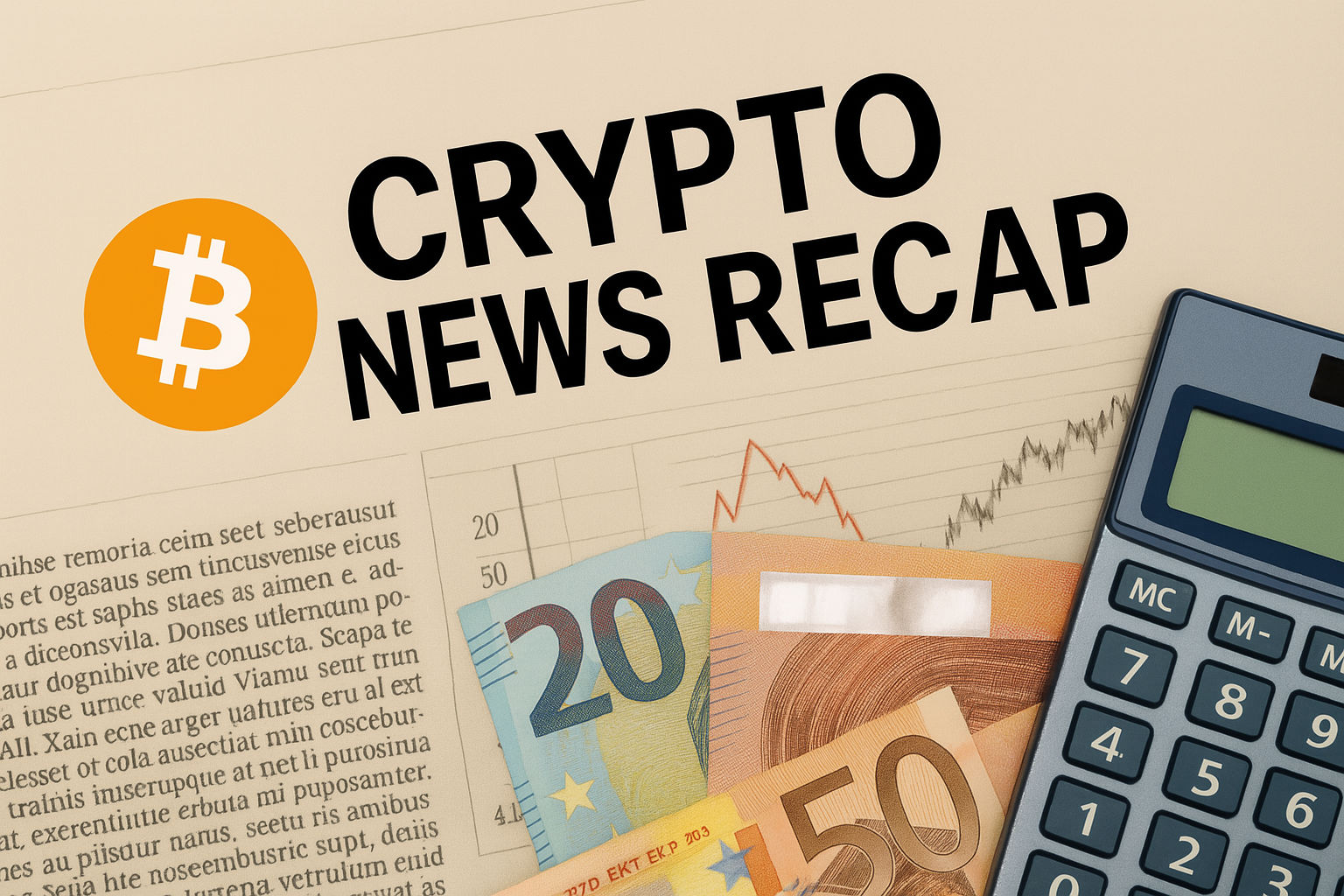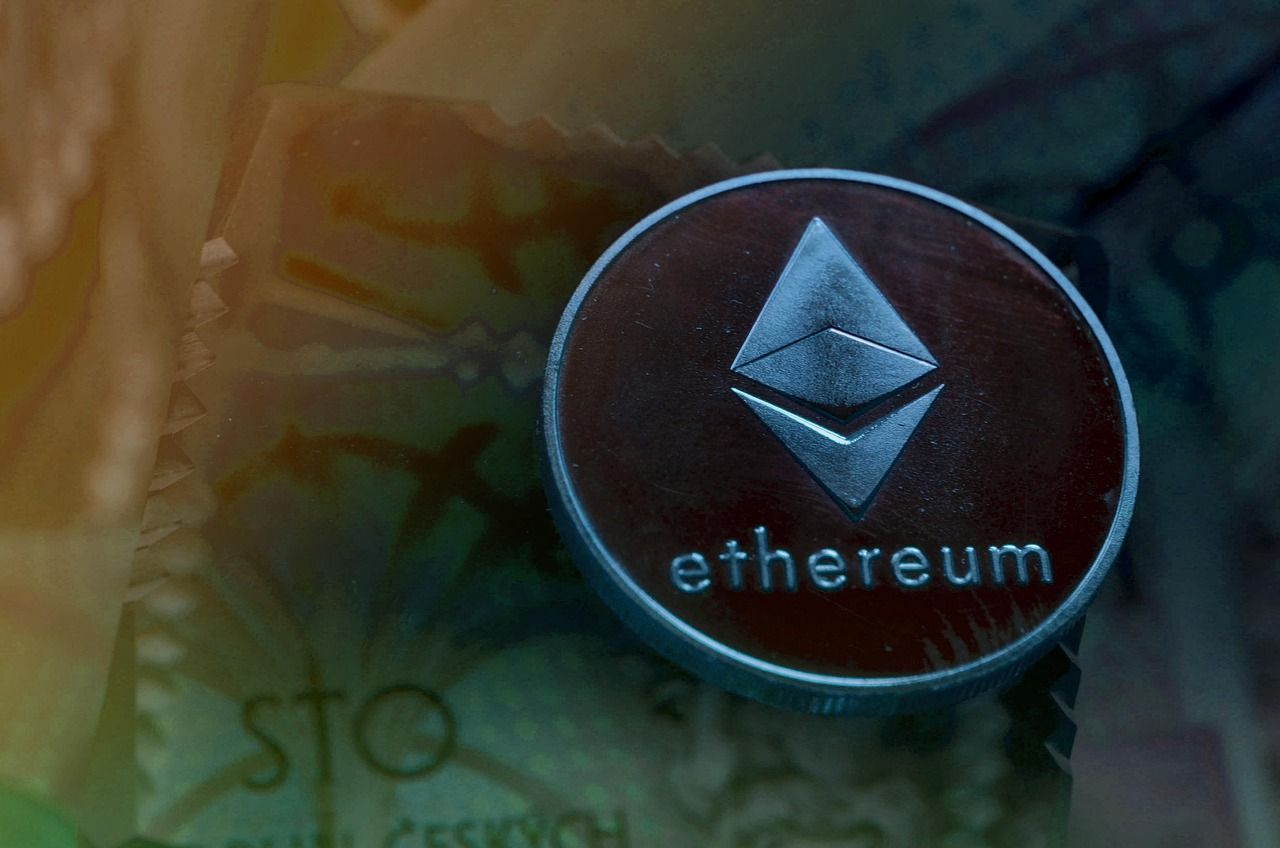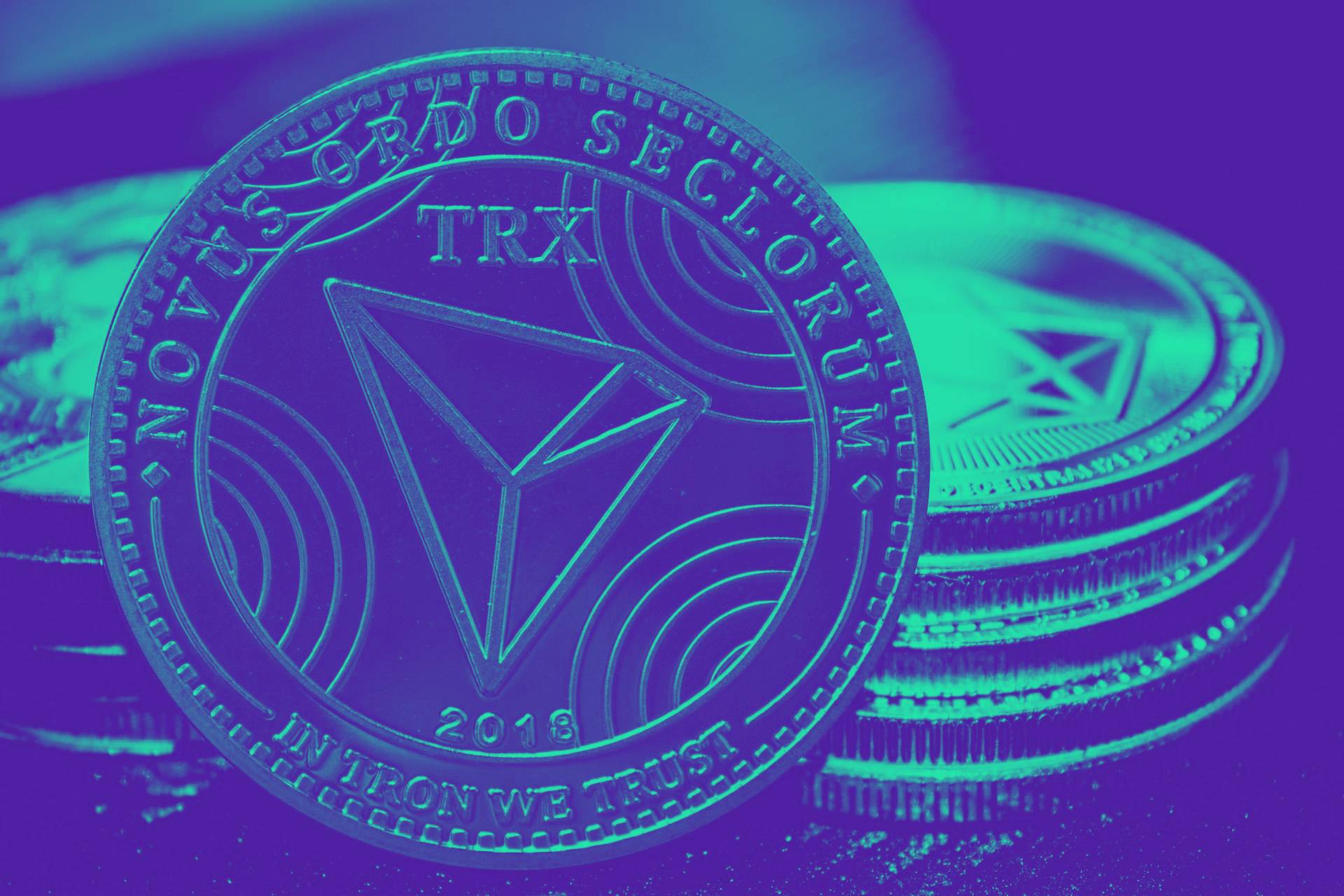Gordon Einstein hielt die Keynote auf der Crypto Assets Conference 2018. Im Anschluss hat er sich die Zeit genommen, uns einige Fragen zu beantworten. Das Interview führte Tobias Latzke.
base58: We´re excited to have Gordon Einstein with us, to answer some questions about tokenization and legal aspects of it. Gordon, I would like to start with a personal introduction, what’s your background, what was your path to crypto, what makes you so excited about it?
I’m a lawyer from the United States, licensed in California. When I first started practicing law there was no crypto, there were no tokens, or any of that stuff. (…) And then, when I was running my subsequent cloud computing company I met a couple that was one the two founders of the biggest blockchain development house in Ukraine. They co-founded Distributed Lab. I met them, I’ve always had a love for the Russian language and because of them I ended up in Kiev in Ukraine and Odessa some fifteen times and all their friends are into Crypto. I didn’t know what the heck these people were talking about but I was just happy being in Ukraine. (…)
Pretty recently I went there and something clicked in me, I think what clicked there was that I realized that this area needed law. I just did a crash course on getting myself completely up to speed on the technicalities of it. Now, having a programming or development background around the cloud computing company that’s related to law, so I wasn’t starting from zero and I had been in this environment before. I realize that law needs to rise up and meet Crypto and Crypto needs to rise up and meet law, they need to come together and live happily. So I got motivated to learn everything about this area.
base58: Referring to your keynote at the Crypto Assets Conference 2018, the title was „Liberating Crypto Assets”. So what has to be liberated about Crypto Assets?
Crypto assets are a whole new thing, they’re a whole new kind of object. They’re not what’s happened before.
They’re evocative of what’s happened before, they’re based to a certain extend of what happened before. But sometimes when you combine things in a new way and add other new things you get emergent properties that never before existed. Just like blockchain never existed before. It’s based on an accounting ledger but it’s not an accounting ledger. So it’s a natural instinct on the part of regulators and the part of everyone and I understand and I empathize, to try to apply the older models to the newer things. But we just need to acknowledge that this is new. (…)
It’s not that law doesn’t apply that people can commit crimes, we’re not saying anarchy, but you need to update the law when things are new. You know, when the Internet came out, you know their old telegram or telephone laws who everyone calls it or telephone laws they try to apply those and it doesn’t work. (…)
At least the law needs to be updated to understand these new things, but it goes beyond that. These new things like crypto assets have the ability to unleash growth and development and even justice at a huge speed. (…) So if we can set up a regulatory structure that allows them and empowers them, we can accomplish a lot as humanity and also each country can.
Now, one thing I also want to emphasize is these are inherently global assets, in the sense that they do not know geography, they do not know geography in a way that even email doesn’t know geography.
I mean we still have domain names that end in country names, these assets are just electrons that will naturally, natively flow wherever they want to, and they have to be empowered and constrained on a global level.
But I don’t want to empower global money laundering, I want to be against global money laundering. Money laundering it’s not a good thing, I don’t want to empower terrorist financing, I want to restrain terrorist financing.
Well, crypto assets is, like every other technology on the planet, to be used for good, evil or neutral. I want to enhance their positives and control their negatives but that requires a global approach.
base58: Let´s talk about tokenization. There are different forms of where tokens derive their value from. Do you see specific trends this year or next year in tokenization?
A hundred percent. So, I’ll make a preliminary point which is that the blockchain as a technology does not require tokenization. Blockchain itself is just a form of database. It’s an excellent database that addresses certain issues that arise in certain use cases like distributed trust or distribute non-trust. At the moment blockchain is obviously kind of slow because we’re all doing proof of work to try to prove it out. So blockchain doesn’t require tokenization. Now when you add tokens to a blockchain economy (…), it’s not necessarily the case that there are exchanges – for example you can have a token that represents your identity. I don’t want my identity traded even if the platform makes good use of that token, it’s like no that's my token and it is not fungible. (…) But that’s not always the case obviously.
You can have exchangeable tokens, the next question is do you exchange them for value or are they just freely exchangeable. And then another question is do you issue them through ICO’s, because you don’t need to do. You can airdrop them, you can distribute them through the networks, you can do whatever you want to do. So, now let’s kind of go to tokens that are worth something.
There’s a whole variety, a zoo filled of tokens. There is Finma, the Swiss regulatory agency, to find three broad categories that I can actually tease out a little bit more.
They talked about there’s currency or payment tokens that in essence act as money. Now, unless you’re an insane regulator you can feel that those aren’t securities. Your concerns are going to be more along the lines of money laundering, know your customer, terrorist financing, all those other things.
Finma also said there’s tokens that they call asset tokens, that represent some underlying value or thing like you want to represent gold for example. And again they’re trying to shore up some of these are proxies for much bigger ideas.
And then they pointed out utility tokens which allow you to use a platform that’s been built. They’re saying these have laws that apply to them but they’re not money per se and they’re not security per se, so something else applies. Then they sort of backed into the issue that the United States is wrestling with right now, which is going to change the destination of humanity I think. The idea is, if you’re raising money to build a platform that’s not yet built, that’s going to use tokens and the tokens will be utility tokens on the platform once built, for the period when you´re raising money and before it´s built, all of the token securities during that period. (…)
So just be clear, be clear so we can either argue with you or be clear so we can agree with you, but when you make these broad joint statements that are wrong but you don’t act accordingly, it’s hard to do deal with.
It’s kind of hard to deal with, meanwhile you got countries that are putting in legislation that works and all their businesses are going to flow better.
base58: As a final question, for which country or international institution would you see as most impactful for ICO’s or crypto currencies?
There’s a dynamic at work which I wish wasn’t at work, but it’s the way things are right now. Which is that the larger more stable economies with long histories with seriously established or concretely established law, aren’t in any rush to adopt because why should they. You know, the U.S. Dollar for better or worse is the global currency right now. China has its need to control capital flows. The EU has enough issues with the Euro, and so on. (…)
So all these large established economies, they’re going to have to get nudged.
What you’re seeing, is smaller economies or sort of off-shoring type locations, Gibraltar, Singapore, (…) the Cayman Islands, Puerto Rico (…)… You’re seeing how, what I call these edge zones, play with it. But that’s also kind of traditional role. They act as an exile when it comes to international business corporations and tax and estate planning and asset protection and all this kind of stuff. Sometimes it’s shady, sometimes it’s not. I think this really would be shady to do this right but you know the world’s a big place.




